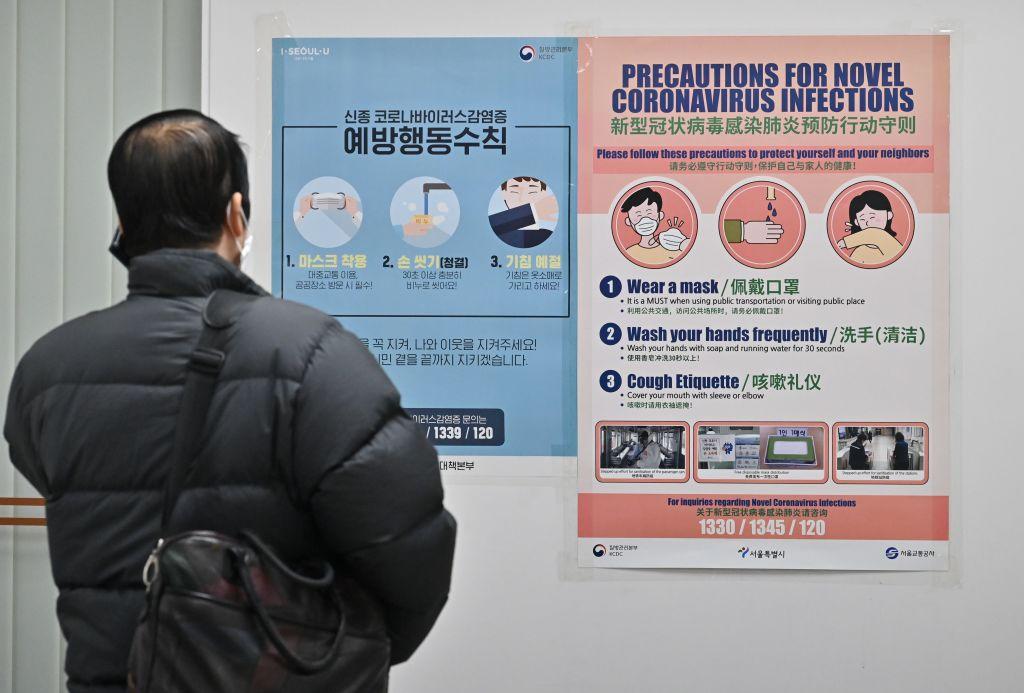A man who had been bedridden at a South Korean hospital for more than 20 years has become the first person in that nation to die from the new coronavirus, as the number of cases in the Asian country nearly doubled.
The 63-year-old man died of pneumonia Feb. 19 at a hospital in Cheongdo, which is located in North Gyeongsang province, local outlet Yonhap News Agency reported Feb. 20, citing the Korea Center for Disease Control and Prevention (KCDC). He tested positive for the COVID-19 virus posthumously. Yonhap didn’t indicate why the man was bedridden.




